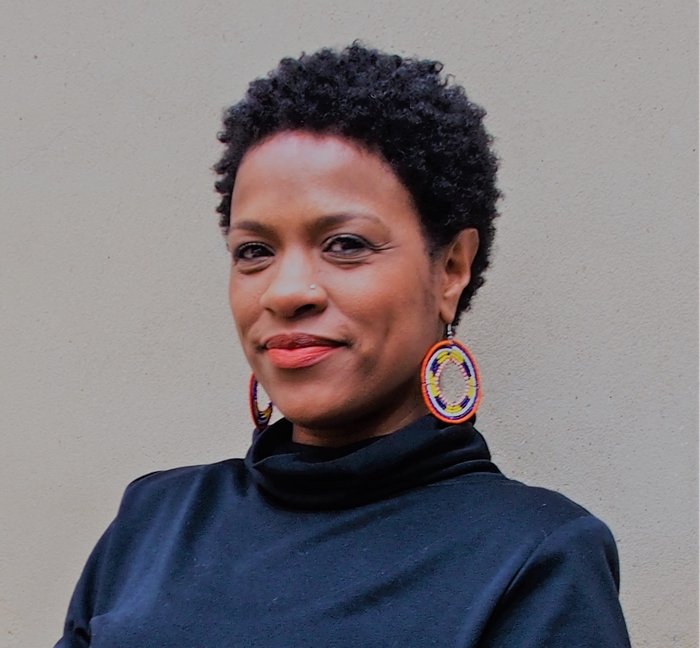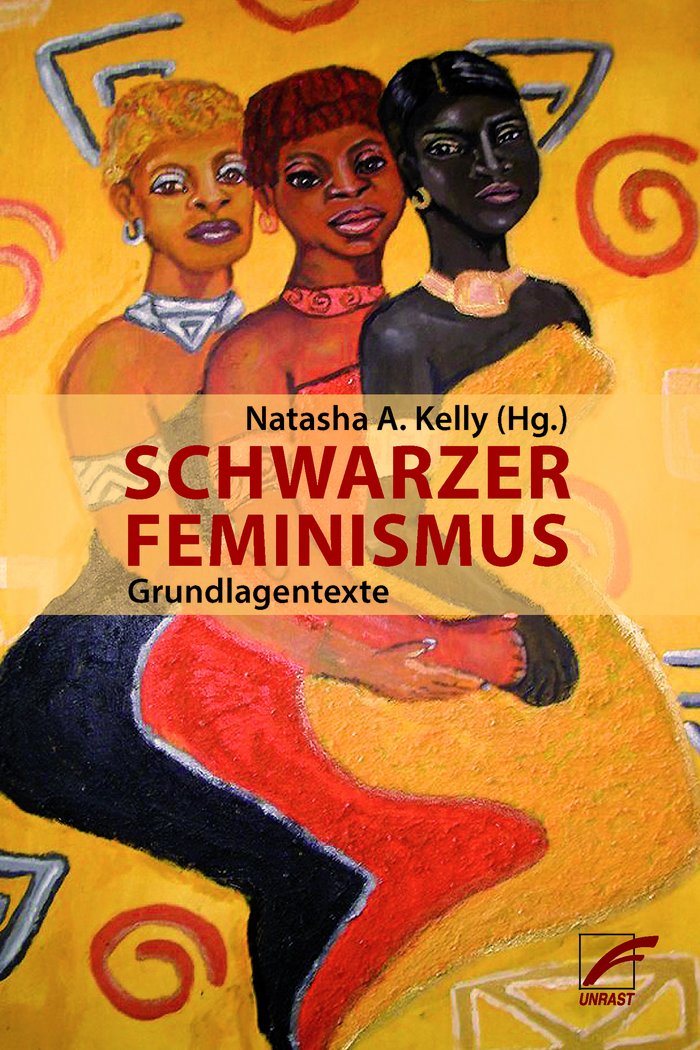When we talk about feminism in Germany, the Black perspective and all its achievements are often left out of the conversation, says author, curator, and filmmaker Natasha A. Kelly. That is why her book “Schwarzer Feminismus” [“Black Feminism”] collects a number of fundamental texts, beginning with a speech given by Sojourner Truth – U.S.-American abolitionist, women rights activist, and pioneer thinker of the intersectional concept. Texts written by Kimberlé Crenshaw, bell hooks, Audre Lorde, and many others have been published in German translation for the first time. During our talk, Kelly explains why feminism is not conceivable without also taking racism into consideration, and what Black female authors have achieved from the mid 19th century until today.
Natasha, your research and work revolves around Afro-German culture and theory. What inspired you to publish a collection of texts written by Black female authors from the U.S.? Afro-German history is part of an Afro-diasporic history that also encompasses Afro-American history. There are similarities and differences. Yet the formation of Black Feminist Thought applies to the entire so-called Global North, thus including both communities.
I originally came up with this project because Unrast publishers asked me if I was interested in releasing a translation of original English texts on the subject. I really liked the idea because I believe that within feminist discourses in Germany, the Black perspective and all its achievements is entirely excluded. This is especially important when we talk about intersectionality – a concept developed in the Black women’s movement – because in Germany, both are discussed as separate and unrelated things. With this selection of texts, I wanted to show where this concept comes from and that it is in fact as old as the Black women’s movement itself.
The book opens with a text by Sojourner Truth, a Black freedom fighter who uses one of her speeches to point out that she is at once Black and a woman. Ever since – she delivered this speech in the mid 19th century – Black feminists have referred back to Sojourner Truth and have gradually expanded her concept. Kimberlé Crenshaw was the first to call it inersectionality, in a text that can also be found in this book. For me, it was important to show the term’s history, from first ideas formulated in the 19th century to its current use. That is why the texts are ordered in a way that mirror this historical build-up.

